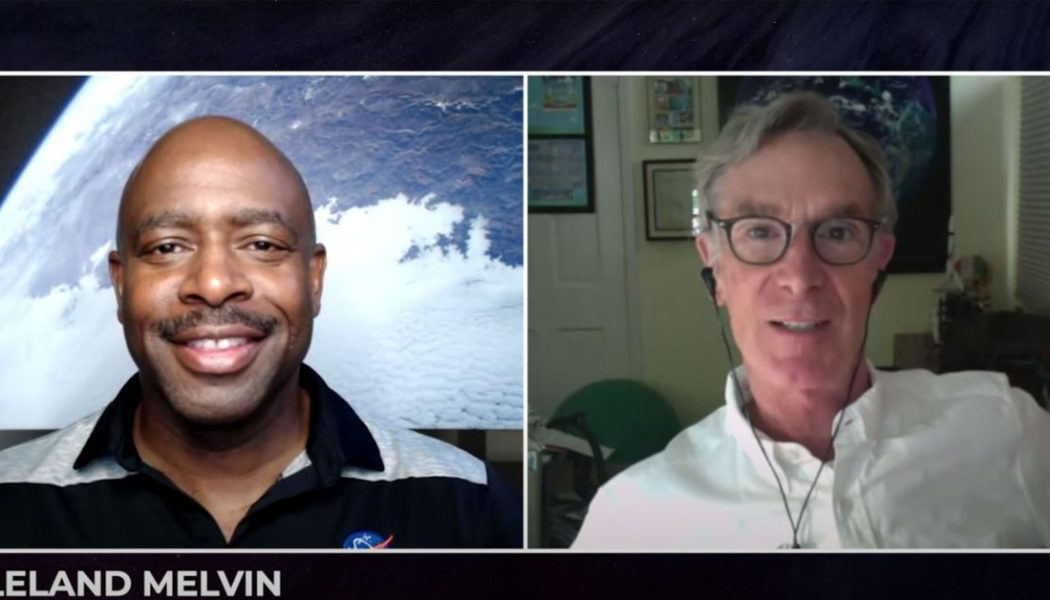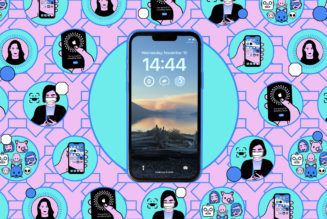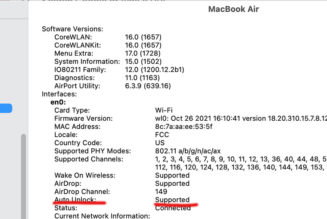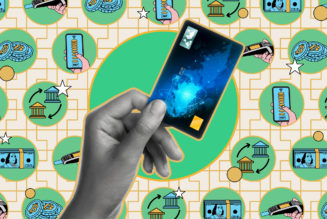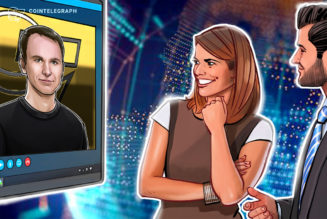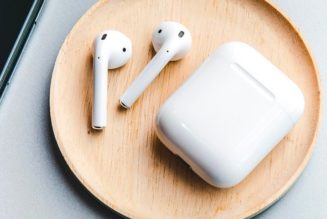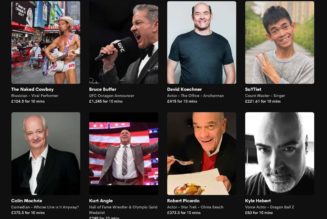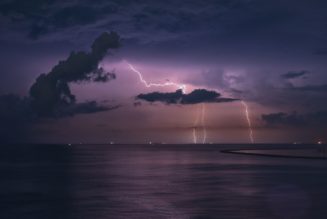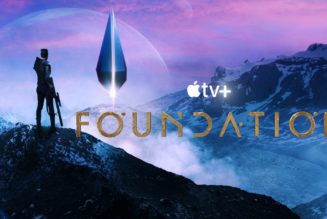
Leland Melvin never thought he would be a NASA astronaut when he was growing up in Lynchburg, Virginia. “I didn’t think about becoming an astronaut because I didn’t see someone that looked like me,” Melvin says.
Melvin, now a former NASA astronaut and a prominent figure in the space industry, recently recorded a conversation with Bill Nye, the CEO of the space science non-profit, The Planetary Society. For more than an hour, the two men had a wide-ranging discussion of space exploration, and the lasting impact of racism in this country.
Though both men are now beloved science educators, Melvin’s experiences growing up as a black person in Lynchburg were vastly different from Nye’s experiences as a white person in Washington, DC.
During Melvin’s senior year of high school, he remembers making out with his girlfriend in his car when the pair were approached by a state trooper. He tells Nye that the officer pulled his girlfriend out of the car. “He tried to convince her that I was raping her, because he wanted me to go to jail,” Melvin says. His girlfriend defended him, and eventually the officer let them go. “The crazy thing is, I think about how you and I wouldn’t be having this conversation right now because I would have been in the prison system. Once you get into that system it’s very hard to get out.” Melvin tells Nye.
The recent killings of George Floyd and Breonna Taylor by police have forced the country to contend with its legacy of prejudice and violence against black people, with widespread protests against systemic racism spreading throughout the world.
“I think a lot of good people who were sitting on the sidelines saying ‘this doesn’t affect me’ are realizing that it really does affect them, it affects everyone, and we have got to make some serious change.” Melvin says.
That includes the spaceflight world, which is still overwhelmingly white. On June 5, during the protests, Nye issued a letter on behalf of The Planetary Society. “Many of us are having a hard time looking up right now. It’s a painful moment. We here at The Planetary Society recognize we must do more to support Black people, including Black people who love space.” Nye wrote, pledging that the society would “look for ways to influence the broader space exploration community toward a vision of a more inclusive future.”
Nye and Melvin talk about what that future might look like. Melvin says it might look a lot like what he experienced in space, where every crew member relied on each other to make it back down to Earth alive.
“I want that life off-planet to be a model that we adopt and bring back down here. Because we get over our differences in space so that we don’t all die. That’s the power of working on a team in a critical environment. Our Earth is a critical environment too.” Melvin says.
Watch the full conversation between Leland Melvin and Bill Nye below.
[embedded content]
